Marking 29 years since Operation “Storm” – the Political Abuse of Remembrance
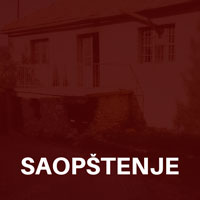
 On the occasion of marking the 29th anniversary of the military-police operation “Storm”, during and after which Croatian forces committed widespread and systematic crimes against the Serbian civilian population and their property, the Humanitarian Law Center reiterates its longstanding demand that the authorities and institutions in Serbia grant the victims the status of civilian war victims, and that they cease their political abuse of the memory of those who perished.
On the occasion of marking the 29th anniversary of the military-police operation “Storm”, during and after which Croatian forces committed widespread and systematic crimes against the Serbian civilian population and their property, the Humanitarian Law Center reiterates its longstanding demand that the authorities and institutions in Serbia grant the victims the status of civilian war victims, and that they cease their political abuse of the memory of those who perished.
None of the victims of Operation “Storm” living in Serbia can yet exercise their rights, as the current legal framework not only fails to meet the needs of the victims, but also discriminates against those whose injuries occurred outside the territory of Serbia. This leaves civilian invalids and the families of the victims of Operation “Storm” without financial, health, or psychosocial support from any of the relevant institutions.







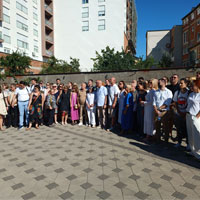
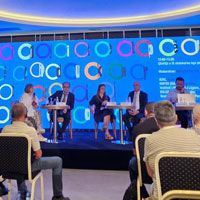

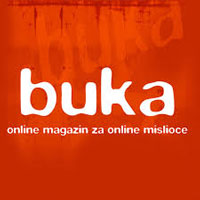


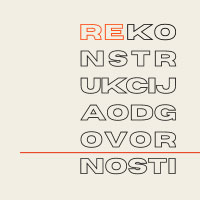
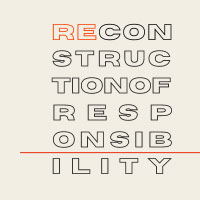 On the occasion of marking the 29 years since the Srebrenica genocide, the Humanitarian Law Center organised a public debate on July 10, 2024, titled “
On the occasion of marking the 29 years since the Srebrenica genocide, the Humanitarian Law Center organised a public debate on July 10, 2024, titled “